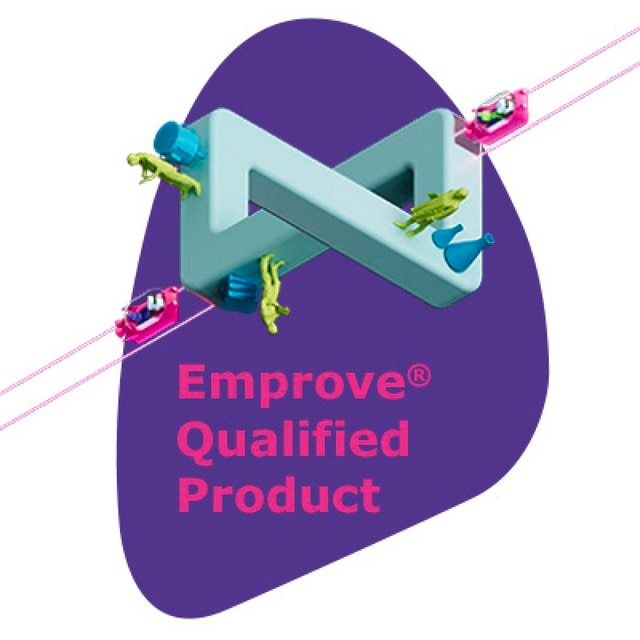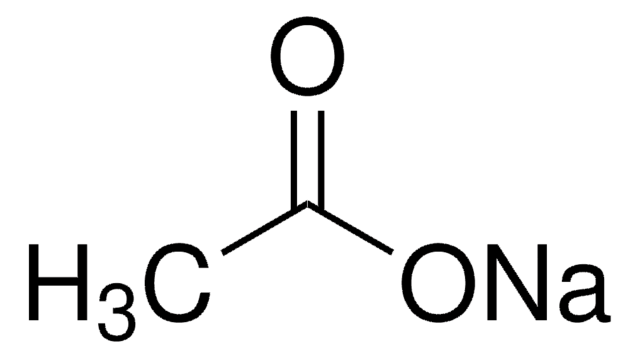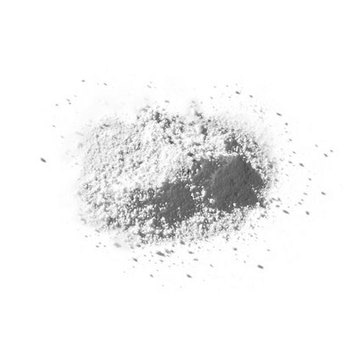241245
Sodium acetate
ACS reagent, ≥99.0%
Synonym(s):
Acetic acid sodium salt
About This Item
grade
ACS reagent
Quality Level
assay
≥99.0%
form
solid
autoignition temp.
1112 °F
impurities
≤0.01% insolubles
loss
≤1.0% loss on drying
pH
7.0-9.2 (25 °C, 5%)
pKa
4.76 (acetic acid)
mp
>300 °C (dec.) (lit.)
anion traces
chloride (Cl-): ≤0.002%
phosphate (PO43-): ≤0.001%
sulfate (SO42-): ≤0.003%
cation traces
Ca: ≤0.005%
Fe: ≤0.001%
Mg: ≤0.002%
heavy metals: ≤0.001% (by ICP-OES)
suitability
complies for IR spectroscopy
SMILES string
[Na+].CC([O-])=O
InChI
1S/C2H4O2.Na/c1-2(3)4;/h1H3,(H,3,4);/q;+1/p-1
InChI key
VMHLLURERBWHNL-UHFFFAOYSA-M
Looking for similar products? Visit Product Comparison Guide
Related Categories
General description
Application
- Oxazolones via Erlenmeyer Plochl condensation reaction of aromatic aldehydes and hippuric acid.
- Cinnamic acids via Perkin reaction between aromatic aldehydes and acid anhydrides.
It can also be used as a catalyst in tandem Knoevenagel-Michael multicomponent reactions.
Other Notes
Legal Information
Storage Class
11 - Combustible Solids
wgk_germany
WGK 1
Certificates of Analysis (COA)
Search for Certificates of Analysis (COA) by entering the products Lot/Batch Number. Lot and Batch Numbers can be found on a product’s label following the words ‘Lot’ or ‘Batch’.
Already Own This Product?
Find documentation for the products that you have recently purchased in the Document Library.
Customers Also Viewed
Our team of scientists has experience in all areas of research including Life Science, Material Science, Chemical Synthesis, Chromatography, Analytical and many others.
Contact Technical Service


